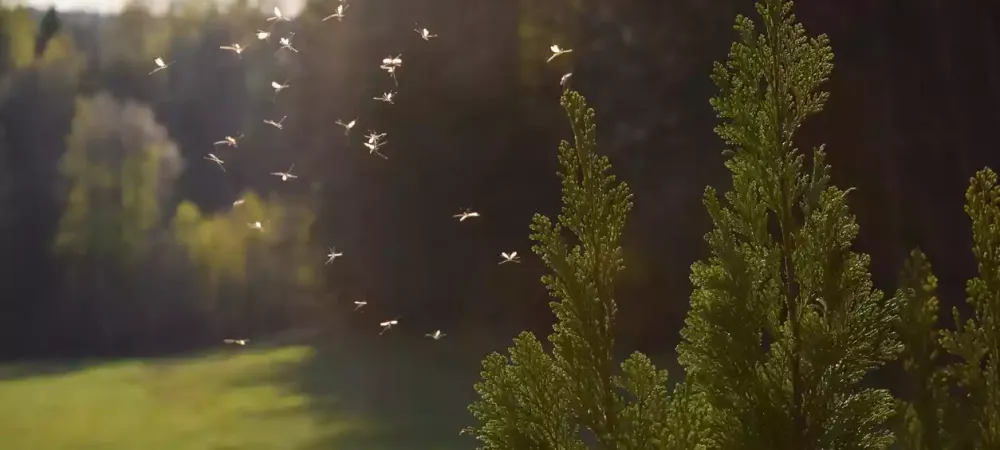West Nile Virus in Pennsylvania

Have you noticed more mosquitoes around your yard lately, or worse, found yourself covered in bites? You’re not alone. The Pennsylvania Department of Health has confirmed the first human cases of West Nile Virus (WNV) this season in Lackawanna and Luzerne counties, which include Scranton and Wilkes-Barre.
As mosquito numbers spike across the state, it’s more important than ever to take proactive steps to protect your home and your health.
Why This Matters Right Now
According to state officials, Pennsylvania is experiencing its highest number of WNV-infected mosquitoes since monitoring began over a decade ago. This is likely due to a mild winter and early mosquito breeding conditions.
“Pennsylvanians should take steps to eliminate mosquito breeding sites around their homes and prevent mosquito bites by using insect repellents,” said Secretary of Health Dr. Eli N. Avila. “This is even more important for older adults and people with weakened immune systems.”
The risk of contracting WNV is especially high in August and September, and won’t drop until the first hard frost. For homeowners in Scranton and Wilkes-Barre, now is the time to act.
Here’s How You Can Reduce Mosquitoes in Your Yard:
To help prevent mosquito bites and reduce the risk of WNV, eliminate stagnant water sources and improve drainage wherever possible. Here are tips:
- Empty or replace water in birdbaths, pet bowls, and other containers weekly.
- Clean and chlorinate pools regularly, and remove water from pool covers.
- Store outdoor containers upside down—buckets, toys, recycling bins, etc.—or drill holes for drainage.
- Fix leaking faucets and check for pooling water near your home’s foundation.
- Clear gutters and storm drains of leaves and debris to prevent water buildup.
- Improve poor drainage areas in your yard by adding soil or gravel.
- Keep tarps taut—avoid folds that collect water on woodpiles or equipment.
- Dispose of tires properly or drill holes in them to prevent water retention.
- Install or repair window and door screens to keep mosquitoes outside.
- Stock ornamental ponds with mosquito-eating fish or use a fountain to keep water moving.
- Use Bti-based larvicides in standing water sources you can’t remove. These are safe for people, pets, and plants.
Don’t Wait for an Outbreak to Take Action
If you’re concerned about mosquitoes around your home or standing water that just won’t drain, Grasshopper can help. Our team offers targeted mosquito control treatments and yard evaluations to stop mosquitoes at the source. We proudly serve homeowners across Scranton, Wilkes-Barre, and surrounding communities, helping protect families from pests and the diseases they carry.
